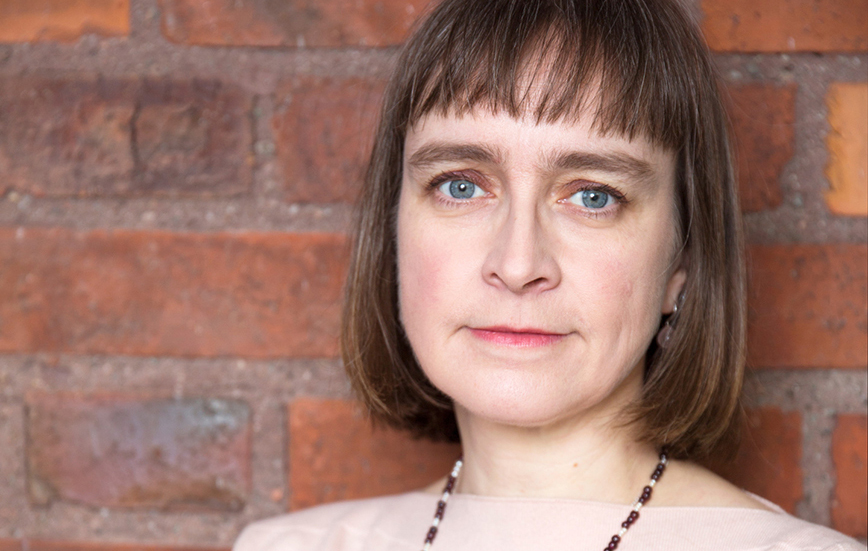
KTH is strengthening the resources needed to receive fleeing Ukrainian researchers. Increased funding for the organisation Scholars at Risk (SAR) and a fundraising campaign for scholarships provide an opportunity to receive those fleeing from the war.
Through its membership of SAR, KTH can offer refuge for researchers who are exposed to serious threats and violence in their home countries.
“In order for us to be able to help those coming from Ukraine within the framework of SAR, we need to adopt new methods. Normally, the work is more long-term, but now we also have to act fast”, says Nina Wormbs, KTH’s contact person for SAR, of which about 20 Swedish universities are members.
KTH’s funding for SAR has been doubled from SEK 2 million to SEK 4 million and can be used to cover costs of the organisation to, for example, receive guest researchers. It is also possible to use the funds as a supplement for shorter periods of employment if such conditions exist at the institutions.
At the same time, KTH, through the Development Office, is starting a fundraising campaign to raise funds to finance guest research scholarships.
“It is good if we can find quick scholarship solutions to avoid complicated employment processes. Scholarships that are sufficient for more people are a good way to use resources right now”, says Nina Wormbs.
Several external funders, such as the Royal Swedish Academy of Sciences and Wenner-Gren Foundations, have also announced their own scholarship programmes that researchers who KTH accepts can apply for. The Wallenberg Foundations offer support for Ukrainian researchers who fit into already existing investments in various research centres.
What kind of work are the Ukrainian researchers intended to do?
“It will look very different. Some may be able to bring a guest researcher into an existing project. There are also examples where schools have already received funding following the announcement that the Swedish Foundation for Strategic Research (SSF) made recently and other examples of previous collaborations with Ukrainian researchers”, says Nina Wormbs.
Researchers at KTH who would like to host Ukrainian researchers can register their interest on the intranet.
“The idea is that we will get an overall picture and connect these offers with researchers who apply to Sweden and Stockholm. At first, it may be possible to receive a guest as usual, with an offer of office or lab space, computer and so on, but without being able to offer a scholarship.”
The uncertainties are great – in terms of how many Ukrainians researchers will apply to Sweden and KTH, and how long they will stay.
What is important to consider in obtaining the support and help in a purely practical way?
“We must work with the issue at the same time as trying to figure out the best way to resolve it. We cannot wait for everything to be in place. It may be a little challenging, but it is the only way. Our commitment and our contribution are needed both now and in the longer term. We must try to solve the practical problems along the way.”
Text: Christer Gummeson
Originally published on 29 March 2022 on the division’s Homepage.



